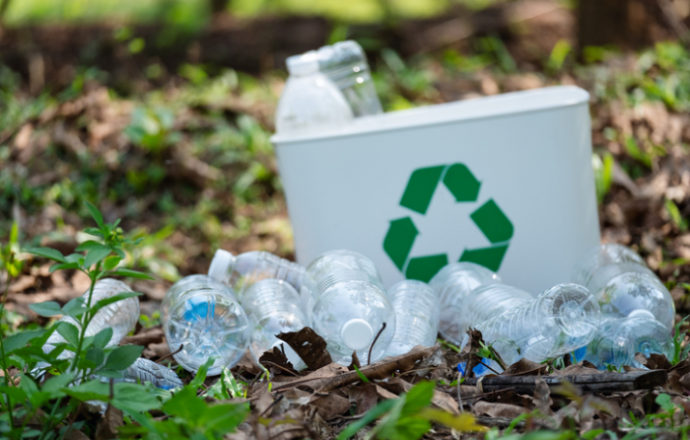Recycling is the process of gathering and converting resources into new goods that would otherwise be thrown away as waste. Both the environment and your community may benefit from recycling. Located here: advantages of recycling
Why Is Recycling Crucial?
Less waste ends up in our landfills and incinerator facilities the more we recycle. We can reduce production and energy costs, as well as the damaging effects that the extraction and processing of virgin materials have on the environment, by reusing resources like aluminium, paper, glass, plastics, and other items.
Why Even Bother Recycling, You Ask?
Nearly every day, environmental issues are discussed. Most of them—including global warming, waste management, deforestation, endangered species, water pollution, and air pollution—appear to be so significant and complex that we as people feel powerless to take action.
These issues appear to require at the very least collective or governmental intervention. However, there are some factors that are within our personal control. Everyone can make a real difference by recycling and decreasing their waste. Every day, we have the power to change that.
Recycling is a resource-conserving practise that lessens the need for waste disposal and advances the idea of resource sustainability. Without compromising the demands of future generations, sustainability meets our current resource needs.
Additionally, recycling preserves natural resources and lessens the harm to the environment that mining, forestry, and the processing of raw materials produce. Recycling reduces energy use because it often takes less energy to process recyclable items than it does to collect, transport, and process raw materials.

Recycling preserves the environment by lowering the need for landfill space and maintaining the quality of our air. Recycling is also advantageous to the economy. In a sense, recyclable materials are a national resource. Resources are wealth; wealth produces business; business, in turn, boosts the economy, generates jobs, and raises tax collections.
By purchasing office paper, paper towels, tissues, toilet paper, and other products made from recycled material, you may contribute to maintaining the market for raw recycled material in addition to recycling.
Continue reading to find out how each bottle, can, and piece of paper you take the simple step of placing into a recycling receptacle makes a difference. Visit some of the intriguing websites we have listed for you in the links below if you want to learn even more.
How Does Recycling Work?
You’ve probably heard of it unless you’ve been living on another planet for the past hundred years. Recycling is the process of disassembling and reusing things that would often be thrown in the trash. By providing bins for residents and business owners who have curbside pickup, many municipalities and organisations make recycling convenient for everyone.
Recycling has a lot of advantages, and with all of the new technologies that are making more things recyclable, we can all work together to clean up our planet. Recycling has a good impact on the economy in addition to the environment. Although recycling has been documented throughout human history, much has changed since Plato’s day, when people repurposed pottery and damaged equipment when resources were scarce.

